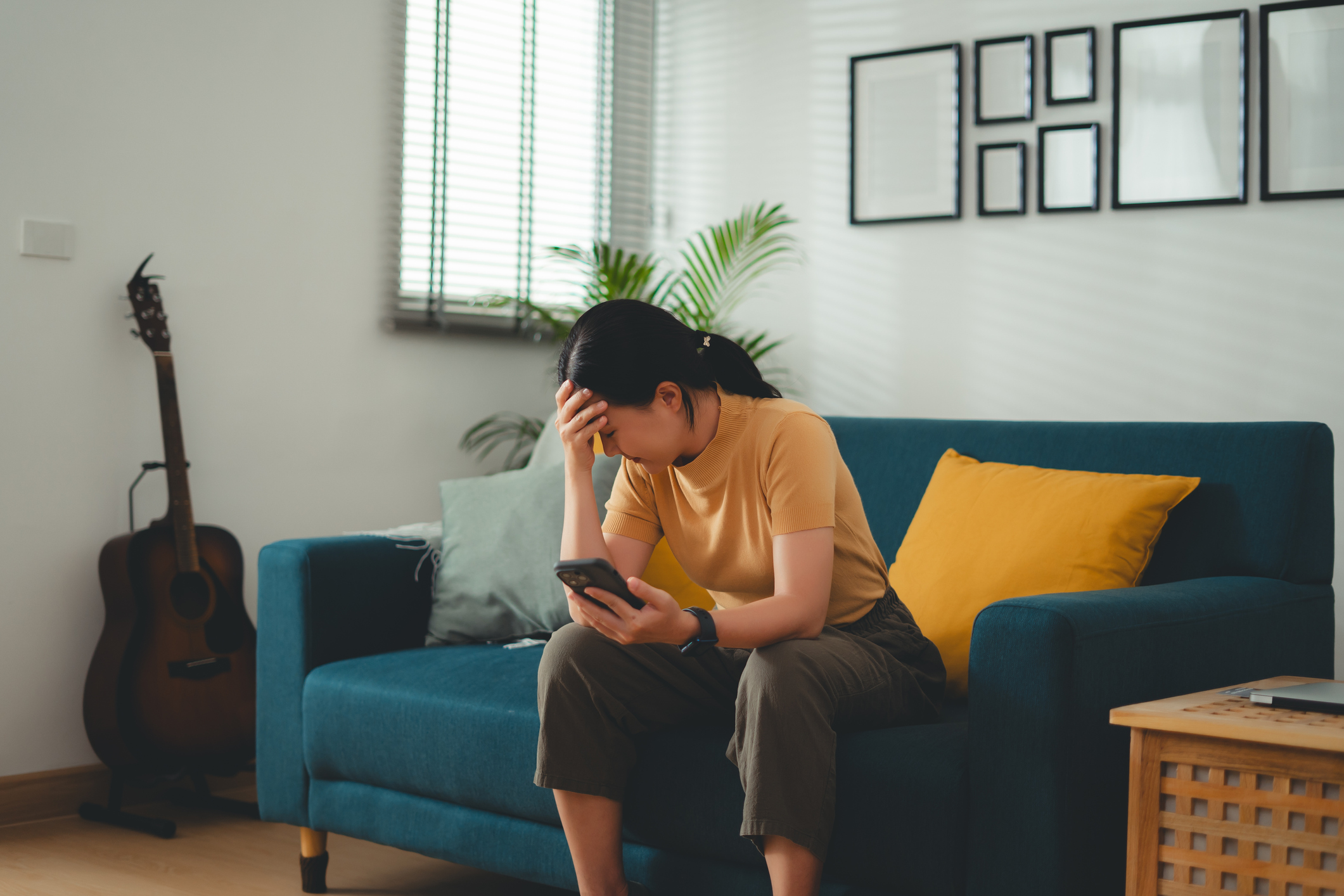Many of us have gambled at some point, whether it’s buying a National Lottery ticket, backing a horse at the Grand National or betting on our favourite team in an important match. For most people, gambling isn’t a problem and is something they can go months or even years without doing.
But for some people, it’s more difficult to leave gambling as an occasional thing. Some people bet on sports games every week, or play online games every day, and it’s not long before the line between a healthy form of entertainment and worrying obsession begins to blur.
If you’re starting to get worried about your gambling, here’s what to look out for and how to seek help.
The signs of gambling addiction
- You spend a lot of time thinking about gambling when you’re not gambling. You’re always itching to bet or play games, and you’re irritable when something gets in the way of your gambling time. When you’re not gambling, you’re planning when you can next do it.
- You spend a lot of time gambling. Whenever you’ve got a bit of downtime, you log onto gambling sites or apps, or you take regular trips to betting shops. You might have started to prefer gambling to doing other things, like spending time with family and friends, or fully concentrating on work.
- You use gambling as an escape. When things get tough or you’re feeling stressed, you use gambling as a coping mechanism, hoping it will make you feel better.
- You keep gambling even when you’re losing money. Known as ‘chasing losses’, you’re focused on ‘winning back’ the money you’ve lost while gambling, even though this often leads to even bigger losses.
- You want to gamble more and more money. Small bets just aren’t cutting it anymore, and you want to place higher bets and gamble with more money, even if it’s not something you can afford. You might have gone into debt to fund your gambling, or you might be spending money that should be earmarked for other things, like food.
- You’re hiding the extent of your gambling. You downplay your gambling to family and friends or lie about the money and time you’re spending gambling.
Why is gambling a problem?
You might think your gambling isn’t a problem, even if you’re experiencing some of the signs of addiction. There are many ways problem gambling impacts your quality of life.
- Financial problems. When you’re caught in a gambling cycle, you’ll be losing money even if you have small wins here or there. People with gambling problems are more likely to run up debts and find that they don’t have enough money for daily essentials.
- Family problems. You might think your gambling only impacts you, but in reality it affects all of your relationships. Loved ones will worry about your behaviour, and you might start arguing with your partner about money issues. Children will be negatively affected if you can’t provide for their essentials because all your money goes on gambling.
- Mental health problems. Money worries and being unable to control your gambling can lead to stress, anxiety and depression.
- Social issues. Gambling can be extremely isolating, and you might find you start ditching friends and avoiding social occasions to gamble instead. Or you might not be able to join in with friends due to a lack of money.
Even if you’ve not experienced any of these problems yet, you’re setting yourself up to experience them if you don’t get your gambling under control.
Help for problem gambling
If you’ve got a gambling problem, you’re not alone and there’s plenty of support out there to help you control your addiction.
If your gambling is having a big effect on your mental health, see your GP for urgent help.
Check out GamCare’s website [https://www.gamcare.org.uk/] for comprehensive support that includes a helpline, live chat and forum to talk through your concerns, plus a wide variety of self-help tools.
You should also consider making use of the gambling industry’s self-exclusion tools to stop you from accessing gambling apps, websites and shops. You can also find out How to self-exclude yourself from gambling sites. [LINK to our article How to self-exclude yourself from gambling sites]
Gambling addiction can feel overwhelming, but it is possible to reduce the harm caused by problem gambling, and it’s important to remember that there’s support out there for you to build a healthier relationship with gambling.
